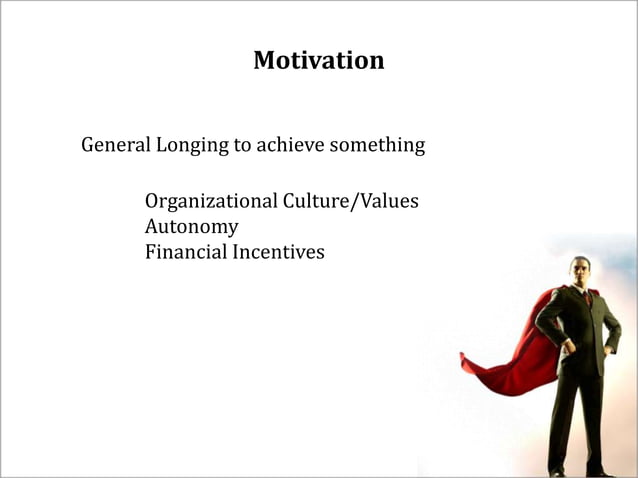Money Increases Motivation Of Employees

The age-old debate of whether money truly motivates employees continues to rage in boardrooms and breakrooms alike. While some champion intrinsic rewards like recognition and purpose, mounting evidence suggests that a well-structured compensation package remains a powerful driver of employee engagement and productivity. The relationship, however, is nuanced, with the effectiveness of monetary incentives often hinging on factors like transparency, fairness, and alignment with individual goals.
This article delves into the complex interplay between money and motivation in the modern workplace. It explores recent studies, expert opinions, and real-world examples to examine how strategically implemented financial rewards can significantly impact employee performance, retention, and overall organizational success. It also considers the potential pitfalls of relying solely on monetary incentives and highlights the importance of a holistic approach that integrates both extrinsic and intrinsic motivators.
The Science of Salary: Linking Pay to Performance
Recent research from Harvard Business Review indicates a clear correlation between competitive salaries and increased employee satisfaction. Employees who perceive their compensation as fair and equitable are more likely to be engaged, productive, and loyal. This perception is crucial, as even a high salary can be demotivating if it's perceived as unjust compared to colleagues or industry standards.
Edward Deci and Richard Ryan's Self-Determination Theory (SDT) suggests that while intrinsic motivation is ideal, extrinsic rewards like money can be effective when they are perceived as acknowledging competence and contribution. In other words, bonuses and raises should be clearly tied to performance metrics and communicated transparently.
Data from a 2023 survey by Society for Human Resource Management (SHRM) revealed that salary and benefits remain the top reason employees seek new jobs. This reinforces the notion that financial compensation is a critical factor in attracting and retaining talent in a competitive market. Organizations ignoring this reality risk losing valuable employees to competitors offering more lucrative packages.
Beyond the Paycheck: Structuring Effective Incentive Programs
Simply throwing money at employees isn't a sustainable or effective strategy. Successful incentive programs require careful planning and consideration of various factors. These factors include organizational goals, employee demographics, and the specific nature of the work being performed.
Performance-based bonuses, profit-sharing, and stock options are common examples of monetary incentives that can be tailored to specific situations. For example, sales teams might benefit from commission-based structures, while innovation teams could be motivated by bonuses tied to successful product launches.
"The key is to align incentives with desired outcomes," says Dr. Amy Wrzesniewski, a Professor of Management at Yale University. "If you want employees to be more innovative, reward them for taking risks and experimenting, even if not all experiments succeed."
The Importance of Transparency and Fairness
Transparency is paramount when it comes to compensation. Employees need to understand how their pay is determined, how their performance is evaluated, and how their compensation compares to others in similar roles.
Lack of transparency can breed resentment and distrust, ultimately undermining the intended motivational effect. Regular communication about compensation policies and performance expectations is essential for fostering a culture of fairness.
Moreover, pay equity is a critical concern. Organizations must ensure that employees are compensated fairly regardless of gender, race, or other protected characteristics. Addressing pay gaps is not only ethically sound but also crucial for maintaining a motivated and engaged workforce.
The Limits of Money: Intrinsic Motivation Matters
While money is a powerful motivator, it's not the only factor that drives employee performance. Intrinsic motivation – the desire to do something for its own sake – plays a vital role in long-term engagement and job satisfaction.
Opportunities for growth, autonomy, and purpose can be just as motivating as financial rewards. Employees who feel that their work is meaningful and that they are making a difference are more likely to be committed and productive.
A balanced approach that combines competitive compensation with opportunities for personal and professional development is the most effective way to create a truly motivated workforce. Ignoring the importance of intrinsic motivation can lead to employee burnout and disengagement, even in the presence of high salaries.
Looking Ahead: The Future of Compensation
The future of compensation is likely to be more personalized and flexible. Organizations are increasingly recognizing that one-size-fits-all approaches are no longer effective.
Flexible benefits, personalized development plans, and opportunities for remote work are becoming increasingly common. These offerings allow employees to tailor their work experience to their individual needs and preferences.
Ultimately, the most successful organizations will be those that understand the complex interplay between money and motivation and create compensation systems that are both fair and aligned with individual and organizational goals. The debate will continue, but the evidence strongly suggests that money, when used strategically and ethically, remains a potent tool for driving employee performance and organizational success.
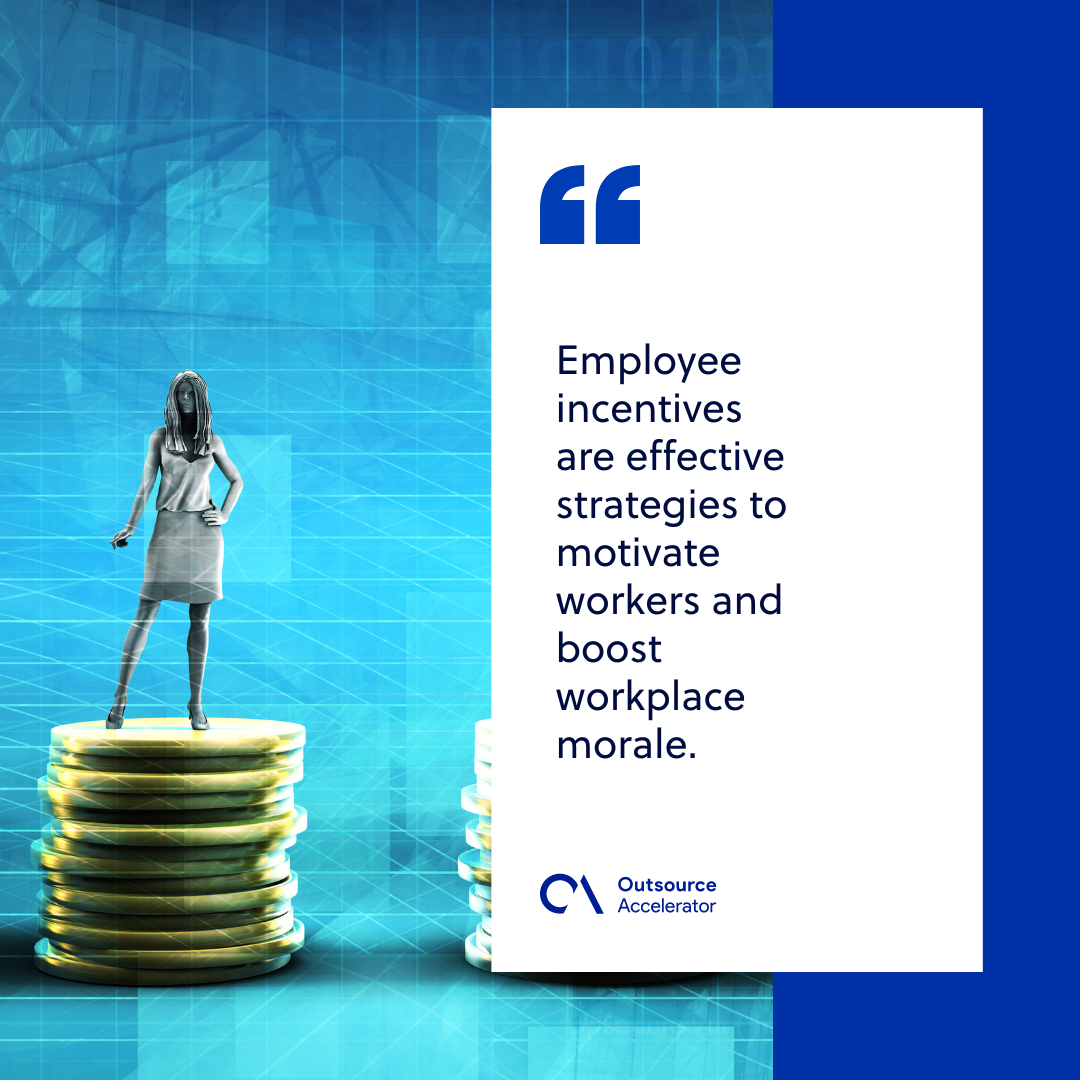


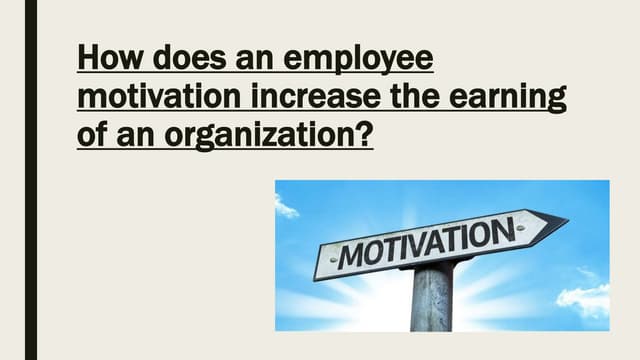


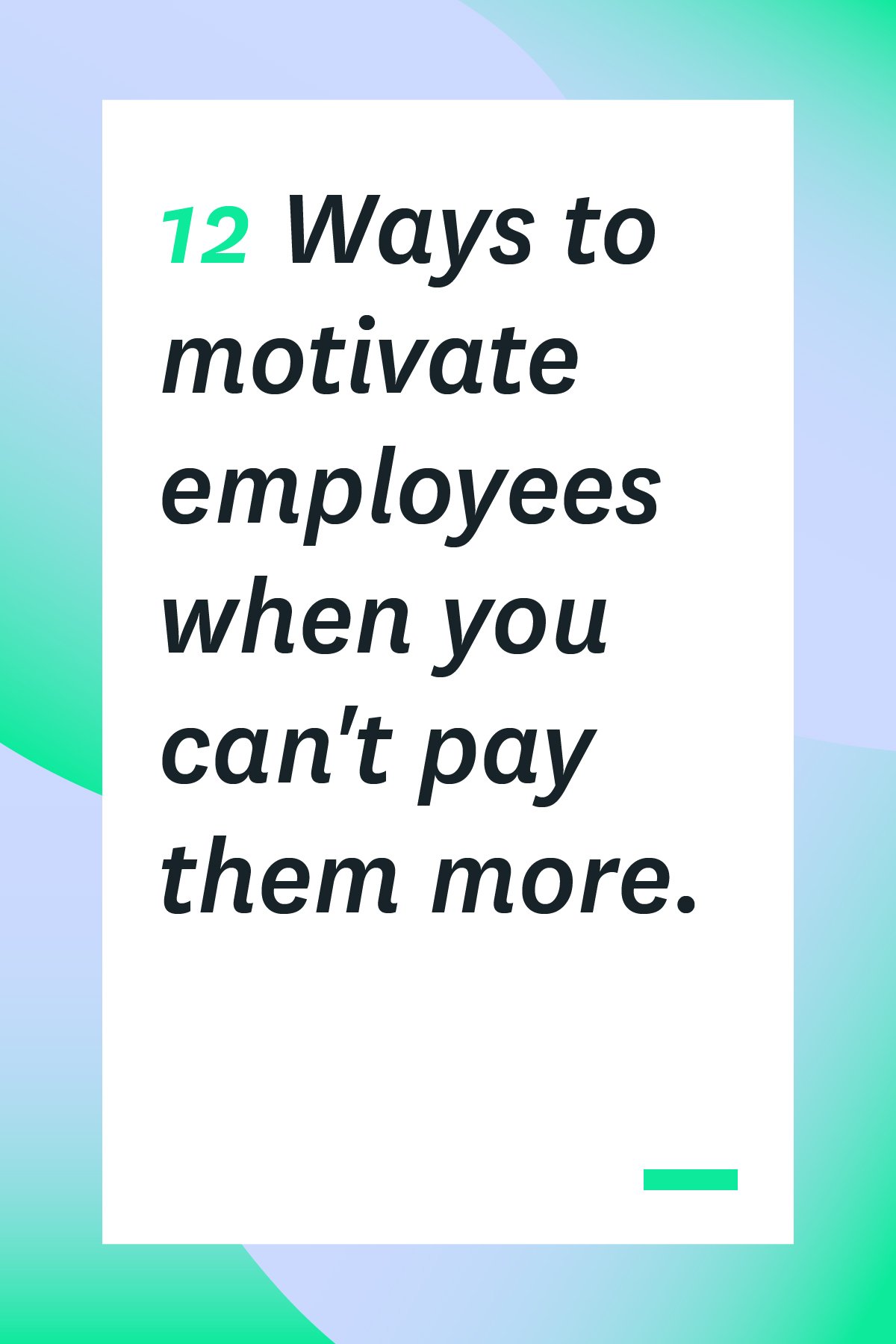
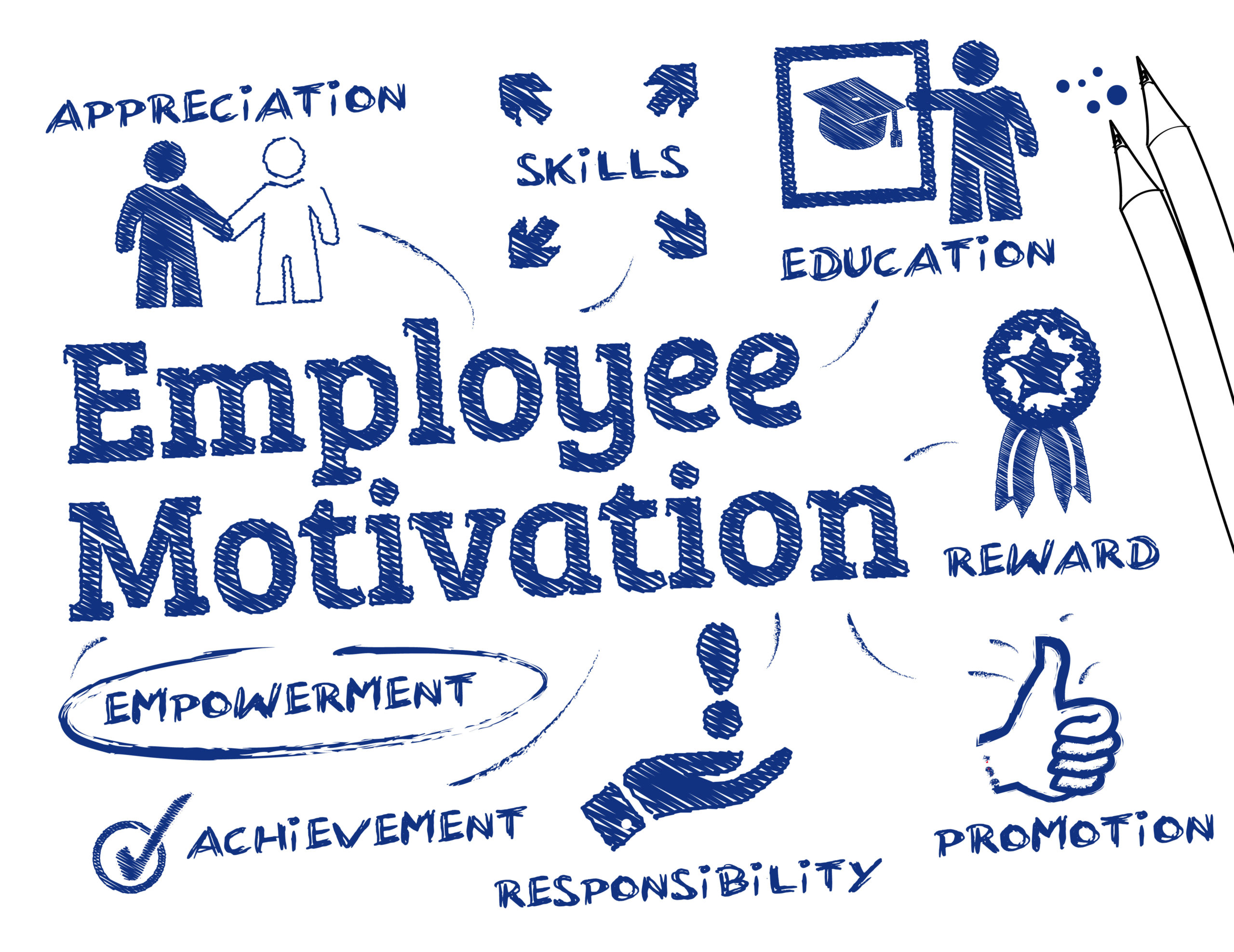
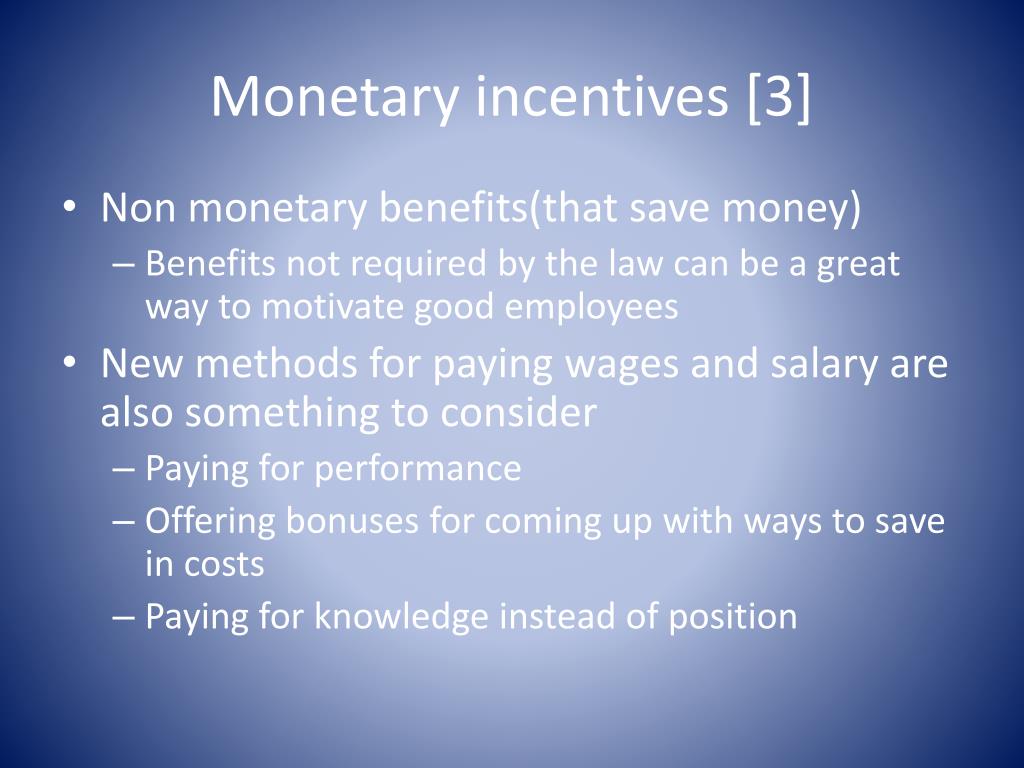
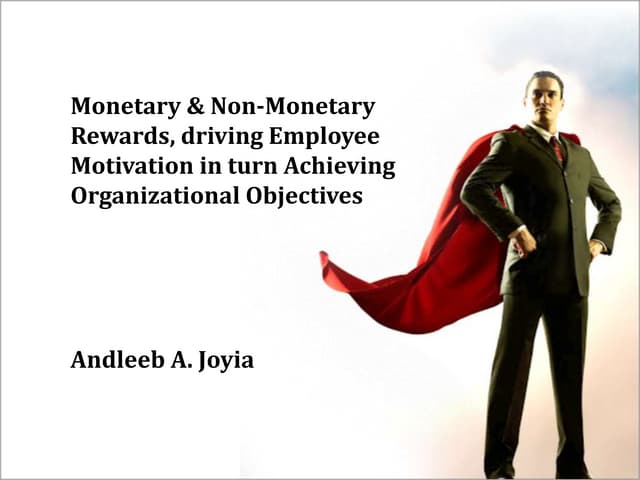




![Money Increases Motivation Of Employees Employee Motivation: Why It’s Important [Summary + Hot Tips]](https://trainingstation.walkme.com/wp-content/uploads/2018/10/3-Ways-to-Boost-Employee-Motivation-1024x538-1-1.jpg)


